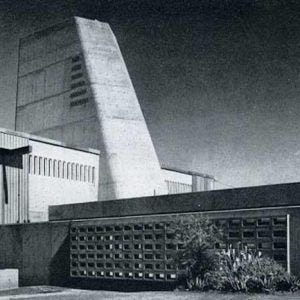UK nuclear generation company British Energy has unveiled its results for the months to March following the government restructuring in mid-January.
For the two-and-a-half months (since restructuring was completed) to the end of March, the company made a pre-exceptionals, pre-tax profit of £82 million ($144 million), largely on the back of rising wholesale energy prices. This compares with a £83 million ($146 million) loss in the nine months to the middle of January.
However, annual equivalent figures show a significant fall in turnover to £482 million ($838 million) compared to £1.2 billion ($2.1 billion) the previous year. Over the year, British Energy’s nuclear plants generated 59.8TWh at an equivalent operating cost of £20.50/MWh (around $36.00/MWh). The annual equivalent realised price was slightly lower at £20.40/MWh. BE spokesman Andrew Dowler told NEI that, when figures from its coal-fired Eggborough plant were included, the company made an overall operating profit. “On an annual basis including all the plant, the profit was £94 million,” he said.
The company said that nuclear output was lower than expected as a result of unplanned outages – amounting to some 7.4TWh – at its Hartlepool and Heysham stations.
In the two-and-a-half months to the end of March, British Energy sold its energy at £24/MWh ($41.70/MWh), as against £19.20/MWh ($33.40/MWh) in the previous nine months. Dowler told NEI that the market has largely ignored these figures, preferring to focus on the outlook for the current year. “The average being forecast in the market is for an operating profit of around £800 million in the current financial year,” he said. Contracts for 75% of the company’s total generation this year – at £29.80/MWh ($51.80/MWh) – are already in place.
The government bailed British Energy out of some £4 billion ($6.9 billion) in nuclear liabilities but the restructuring left existing shareholders with just 2.5% of the company after a debt-for-equity swap. Banks and bondholders also wrote off around £1.3 billion ($2.3 billion) in debt. Friends of the Earth (FoE) claims the cost of the transferred liabilities amounts to some £186 million annually. Mark Johnston of FoE said: “These results do not reflect a company that is functioning properly. If the ‘polluter pays’ principle were applied, then the firm’s costs would be met entirely from selling electricity rather than being topped-up from taxation.”
Meanwhile, Dowler dismissed reports that British Energy is hoping to extend the life of all of its AGR plants. “The only one that’s being looked at is Dungeness B at the moment,” he said, adding that a decision is likely by the autumn. “Dungeness B’s accounting life is 2008 so we need to take a decision this year as to whether we’re going to extend the life of that plant.”
Related ArticlesLeaky sub base criticisedExternal weblinksNuclear Engineering International is not responsible for the content of external internet sites.EBRD decommissioning consultation






